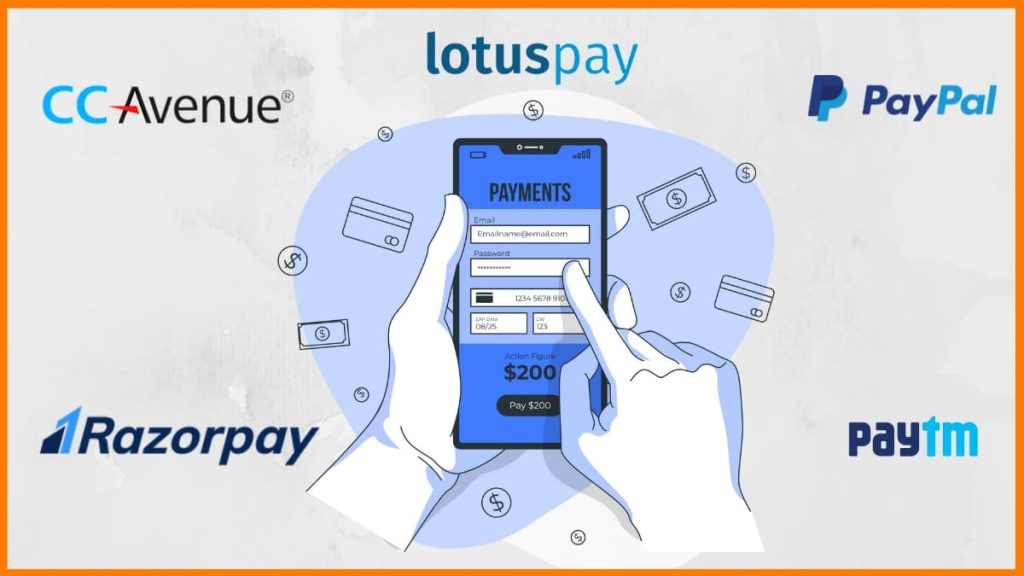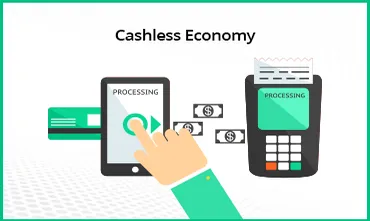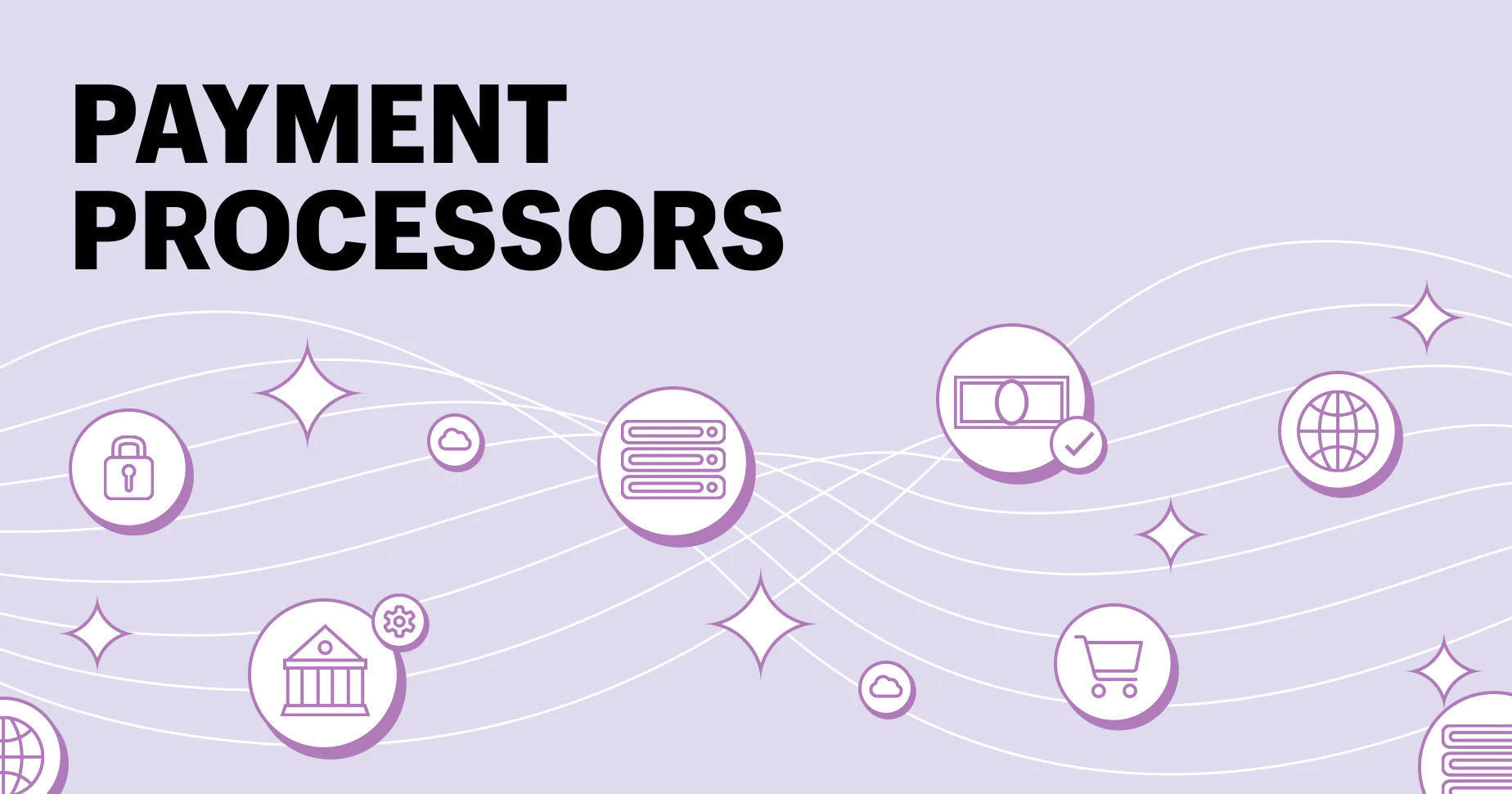AUTHOR : RIVA BLACKLEY
DATE : 28/02/2024
Introduction to Payment Processors
Payment processors serve as intermediaries between merchants and customers, facilitating secure transactions across various channels. In India, where cashless transactions are gaining momentum, payment processors play a pivotal role in driving financial inclusivity and efficiency. They enable swift, convenient, and secure payments, contributing to the digitization of the economy
Evolution of Payment Processing in India
Traditionally, cash and checks dominated the Indian payment landscape. However, with technological advancements, digital payment processors have gained prominence. These include mobile wallets, UPI-based apps, and online payment gateways, offering users a plethora of options to conduct transactions seamlessly.

Popular Payment Processors in India
Several payment processors have gained widespread adoption in India, catering to diverse consumer preferences. Platforms like Paytm, PhonePe, Google Pay, and PayPal have carved a niche for themselves, offering intuitive interfaces and robust security features.
Features and Functions of Payment Processors
Payment processor[1]s prioritize security, employing encryption and authentication protocols to safeguard sensitive information. Moreover, they offer user-friendly interfaces, ensuring a seamless payment experience for both merchants and customers. Integration with banking systems further enhances their utility.
Benefits of Payment Processors
The adoption of payment processors brings forth a myriad of benefits. They offer unparalleled convenience, allowing users to make transactions anytime and anywhere. Moreover, transactions are executed swiftly, eliminating the need for physical currency. Additionally, stringent security[2] measures ensure peace of mind for both parties involved.
Challenges in Payment Processing in India
Despite the strides made in digital payments, challenges persist. Cybersecurity threats loom large, necessitating robust measures to mitigate risks. Regulatory compliance also poses challenges, with payment processors required to adhere to stringent guidelines. Moreover, infrastructural limitations in certain regions hinder widespread adoption.
Future Trends in Payment Processing
The future of payment processing in India is ripe with innovation. Technologies like blockchain, biometric authentication, and artificial intelligence[3] are poised to redefine the landscape, enhancing security and efficiency. These advancements will drive further integration of digital payments into everyday transactions.
Impact of Payment Processors on Indian Economy
The proliferation of payment processors has catalyzed the growth of India’s digital economy. E-commerce has flourished, with businesses leveraging digital payment solutions to reach a wider audience. Financial inclusion has also received a significant boost, empowering individuals previously excluded from formal banking channels.

Role of Government Regulations
Government regulations [4] play a crucial role in shaping the payment processing ecosystem. The Reserve Bank of India (RBI) issues guidelines to ensure the integrity and stability of the financial system. Additionally, data protection laws and tax regulations govern the operations of payment processors, fostering trust and transparency.
Adoption of Payment Processors in Different Sectors
Payment processors [5] find applications across various sectors, including retail, hospitality, and transportation. Businesses in these domains leverage digital payment solutions to streamline operations, enhance the customer experience, and drive growth.
Case Studies
Numerous success stories highlight the transformative impact of payment processors on businesses. Case studies elucidate the challenges faced by enterprises and the innovative solutions implemented to overcome them, offering valuable insights for others.
Comparison of Payment Processors
When choosing a payment processor, businesses must consider factors such as fee structures, user base, and security measures. A comparative analysis helps identify the most suitable option that aligns with specific business requirements.
Tips for Choosing the Right Payment Processor
Selecting the right payment processor is paramount for businesses. Conducting a thorough assessment of business needs, researching available options, and seeking feedback from other users are essential steps in the decision-making process.

Future Outlook
As technology continues to evolve, payment processors will evolve accordingly. Innovations such as contactless payments, voice-activated transactions, and AI-driven fraud detection will shape the future of payment processing, ushering in an era of unparalleled convenience and security.
Conclusion
In conclusion, payment processors have emerged as indispensable tools in India’s digital transformation journey. Their role in facilitating secure, convenient, and efficient transactions cannot be overstated. As businesses and consumers embrace digital payment solutions, the landscape of India’s economy will continue to evolve, driving growth and inclusivity.
FAQs
- Are payment processors safe to use? Payment processors employ robust security measures to safeguard transactions, ensuring the safety of users’ financial information.
- How long does it take for transactions to be processed? Transaction processing times vary depending on the payment processor and the specific circumstances of the transaction. However, most transactions are completed within seconds or minutes.
- Can businesses integrate payment processors into their existing systems? Yes, most payment processors offer APIs and SDKs that allow businesses to seamlessly integrate their services into existing systems and platforms.
- Are there any fees associated with using payment processors? Yes, payment processors typically charge fees for their services. These fees may include transaction fees, monthly service fees, and other charges.
- What should businesses consider when choosing a payment processor? Businesses should consider factors such as fee structures, security features, customer support, and compatibility with existing systems when choosing a payment processor.

